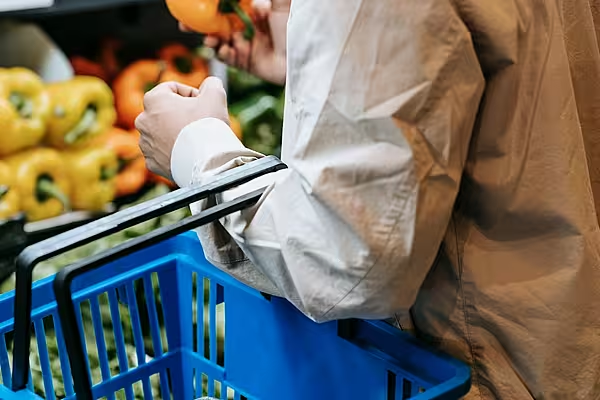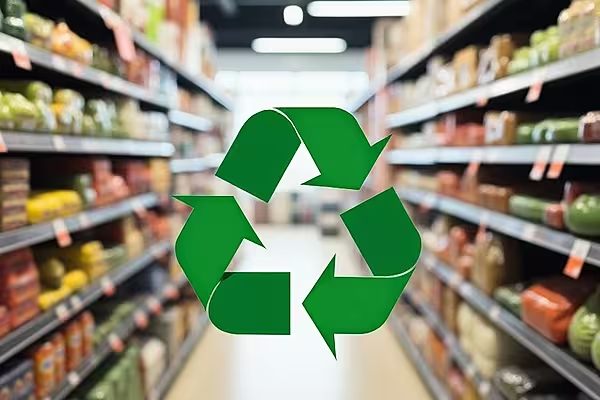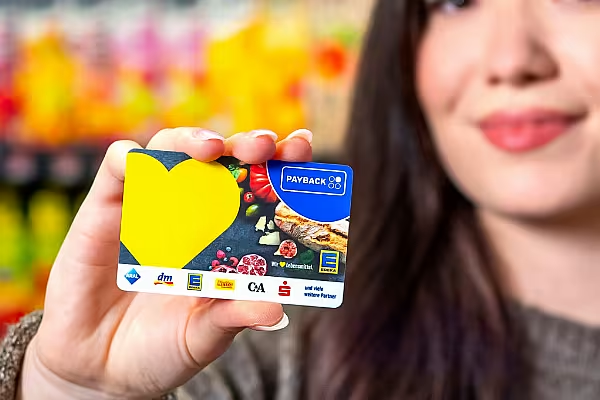ESM investigates the findings of a recent INSEAD study on the effectiveness of buying alliances in keeping prices low for shoppers, with new research by AIM suggesting that the benefits may not be as clear as previously suggested. This article first appeared in ESM September/October 2022.
As consumers across Europe look to stretch their income as far as it can go over the next few months, many are looking at their shopping basket as the first port of call for savings.
With this in mind, a recent INSEAD report on retail buying alliances uses the example of the AgeCore alliance (originally formed in 2015, and featuring Edeka, Colruyt, Coop, Intermarché, Conad and Eroski) to suggest that retailers belonging to a buying alliance provide cheaper products, across almost the entire store.
A Force For Good
INSEAD’s report, International Retail Buying Groups: A Force for the Good? The case of AgeCore/EDEKA, investigated whether German market leader Edeka’s membership of AgeCore led to lower consumer prices as a result of improved buying conditions, comparing shopper prices based on scanner data for a data set of over six million observations comprised of 138,000 SKUs from 20 food categories based on monthly observations over a six-year period.
Sales from Edeka’s hard-discount chain, Netto Marken-Discount, were not included because its assortment consists mainly of private-label products, for which the international retail buying group is less relevant.
More specifically, SKUs within the scope of AgeCore negotiations were compared to non-AgeCore SKUs. Using a counterfactual impact evaluation (CIE) process, INSEAD found that the estimated impact of the alliance could be quantified as a 12% decrease in the average cost of goods in retailers signed up to AgeCore, compared to retailers outside the alliance.
'Growing Body Of Evidence'
According to INSEAD, ‘The results of the study are consistent with other studies on the impact of retail buying groups, and thus contribute to a growing body of evidence illustrating that retail buying groups do lead to a significant reduction in consumer prices.’
The benefit of shopping in an AgeCore retailer is, therefore, significant for consumers, the study finds.
It notes that while they might not be able to purchase their favourite branded items, they do receive a better price on other brands within the same category, indicating that savings could be made by shopping in a retailer that is part of the alliance.
Alternative Argument
That said, retail buying alliances do have their critics, who suggest that buying groups upset the balance of power in the food supply chain, causing brand manufacturers to suffer from heavy bargaining pressure, as well as increasing costs to an already stressed supply chain.
Increased pressure on smaller suppliers, who often contribute the most to innovation and variety in the product range and operate on tighter budgets, is another unwanted side effect.
Since the report was published, AIM, the European Brands Association, has claimed a number of inaccuracies, with regard to the suggestion that alliances can bring about lower prices for consumers.
Its study, carried out in association with economic consulting firm Compass Lexecon, claims that the findings of the report are 'flawed' and 'cannot be relied upon '.
“The INSEAD study contradicts a market reality that retailers such as Edeka know all too well: gatekeeper alliances are smoke and mirrors that harm end consumers by limiting their choice and stifling fair competition through artificially increasing supply costs”, commented Michelle Gibbons, AIM’s director general.
She added that “the multiple cases against retailer alliances and supermarket chains before European courts between 2012 and 2021 have underscored the reality of unfair trading by large parts of the retail market. Unfortunately, this may become even worse as the impact of the current cost inflation such as energy prices, which we are all grappling with, could lead to the exit of smaller retail players and an even more highly concentrated retail market".
© 2022 European Supermarket Magazine – your source for the latest retail news. Article by Conor Farrelly. Click subscribe to sign up to ESM: European Supermarket Magazine.














